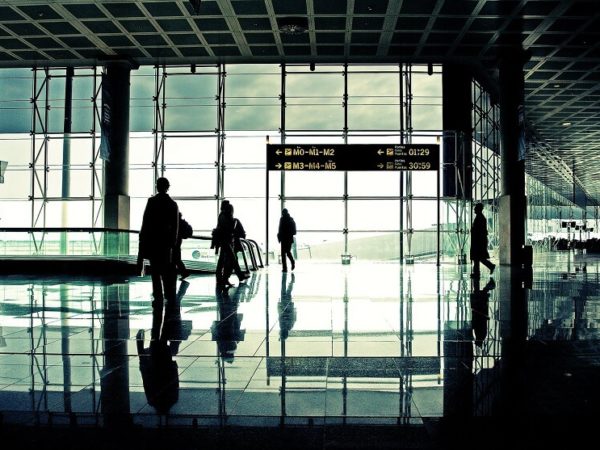The Foreign, Commonwealth & Development Office (FCDO) of the British Government has strongly advised against all but essential travel as Europe continues to battle against the latest surge in coronavirus cases. For those British citizens who simply must venture into the European Union, the FCDO has issued a checklist of things to do before, during and after any overseas trip. Although the checklist is pretty comprehensive it comes with the warning that the situation is extremely fluid and changes can occur overnight. As things stand the FCDO has produced the following guidelines.
Pre-travel:
Check on the latest situation in the chosen destination and keep abreast of any changes in quarantine requirements, incidence rate of coronavirus and any new local developments regarding potential lockdowns.
Be aware of any restrictions on entry as well as screening and quarantine requirements. Check for updates with the British Embassy and/or the embassy of the destination country.
Check if a Covid-19 test is necessary before travelling and arrange for the test to be undertaken at the appropriate time preferably with a private organisation rather than at a National Health Service centre.
Ensure health and travel insurance cover is adequate for possible delays in returning, loss of booking and possible medical expenses.
Ensure there are adequate safety protocols in place at the hotel or place of accommodation.
While Abroad:
Always comply with local coronavirus measures.
Keep up to date with possible changes to return flight plans as these can change almost overnight.
Fill out a passenger locator form before returning.
Returning home:
A completed passenger locator form must be presented upon return. Failure to complete the form is deemed a criminal offence.
It may or may not be necessary to self-isolate for a period of fourteen days. This will depend on the country (or countries) visited and whether travel was via a so-called “safe corridor” or not.
It should always be remembered that the situation in the destination country can alter dramatically during the duration of the visit. Plans and schedules can be disrupted or thrown into chaos as a result of local coronavirus infection numbers and it may be necessary to stay longer than intended or arrange an alternate means of returning home. For these reasons it is important to ensure that there is adequate insurance coverage for such eventualities and extra finances available if required.
“Safe Corridors” of Travel
Travel or don’t travel? Safe countries? Quarantine or no quarantine? As if the problems facing travellers to Europe weren’t complex enough the British government (in common with many European countries) has introduced a list of “safe corridors” of travel. The list consists of countries (European and global) that are deemed relatively safe to visit and are exempt from the non-essential travel advisory. This means that tourists may visit the countries listed although it may still be necessary to self-isolate upon returning to the United Kingdom if the visit was shorter than fourteen days. The list is updated on an almost daily basis but as things stand it is deemed safe to visit the following European countries:
- Scotland, Wales and Northern Ireland
- Republic of Ireland
- Cyprus
- Estonia
- Finland
- Gibraltar
- Germany
- Greece (except Mykonos)
- Italy
- Latvia
- Liechtenstein
- Lithuania
- Norway
- Sweden
Other European destinations on the current list include Italy, San Marino and Vatican City but these are to be removed on the 18th of October. Although it is deemed safe to visit these destinations it is still necessary to complete a passenger locator form before returning to the United Kingdom.
Better Safe Than Sorry
Although it is possible to visit Europe and return home without the need to self-isolate it is a somewhat risky undertaking at present. Across Europe, the United Kingdom, the United States and virtually everywhere the rate of coronavirus infections continues to rise with no immediate sign of abating. Despite taking all the advised precautions there remains a real possibility of immediate restrictions, or even a lockdown, being imposed in virtually any city or country throughout the world.
Travel advisories can change at a moment’s notice and the situation is in a constant state of flux. For those who do venture abroad, whether for business or pleasure, there is a real possibility of being stuck overseas with no easy way to return home which may even be impossible for an undefined amount of time.
Not only is there a very real risk of a European vacation being seriously disrupted there is also the danger of contracting Covid-19 while abroad. Suspected cases may be required to remain isolated in a hotel room for fourteen days or could even end up requiring hospital treatment. When all the possibilities are considered it is clearly wise to follow the government’s advice to remain at home and avoid all but essential travel.




